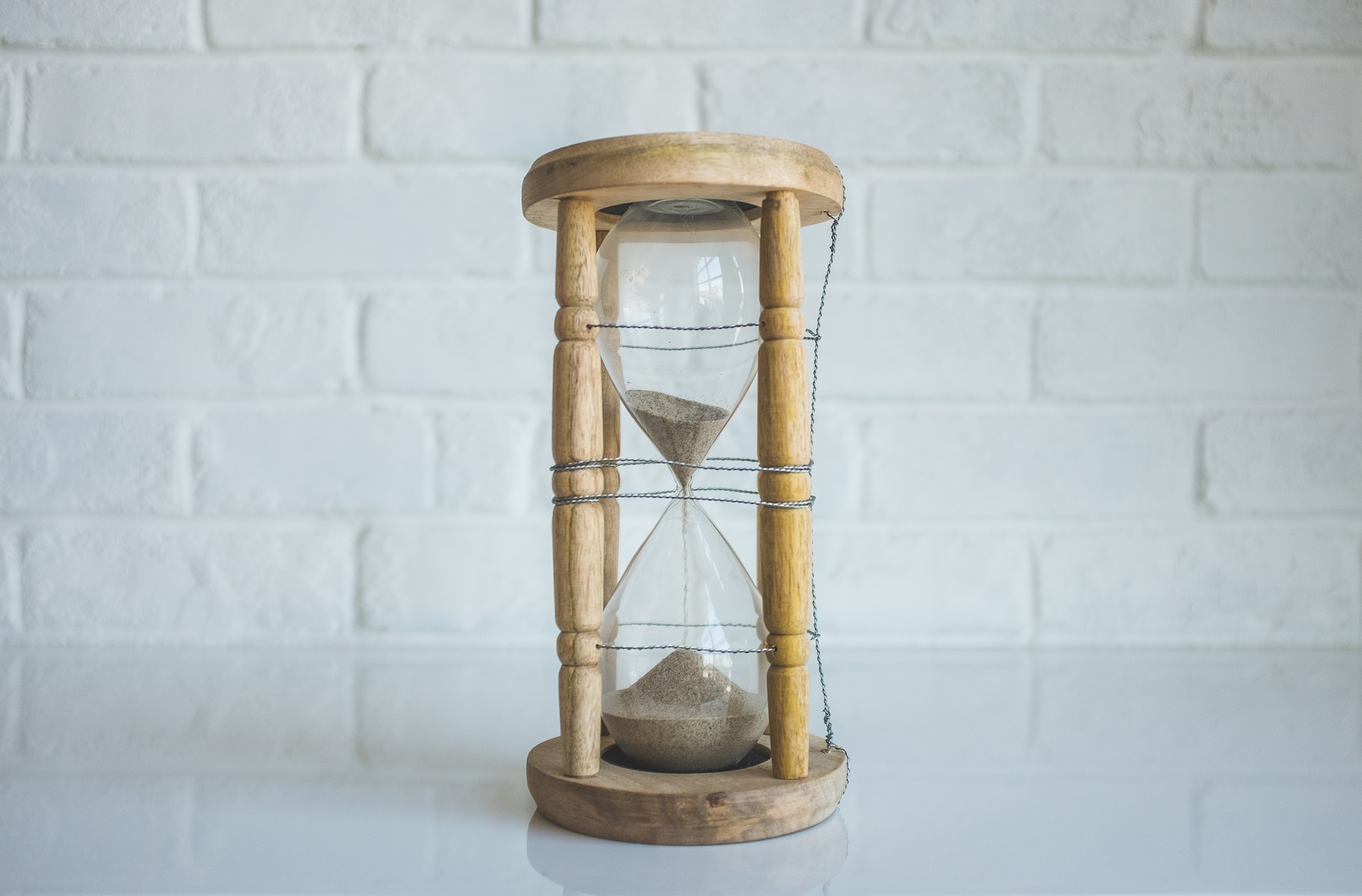Overcoming alcohol and drug addiction can be daunting, but, with the support of friends and loved ones, recovery is within reach. If you have a friend battling with substance abuse, there are numerous ways to assist them on their path toward recovery. In this blog post, we’ll explore some clinical perspectives on supporting a friend struggling with an alcohol or other drug problem.
Firstly, educate yourself. Understanding addiction is pivotal before helping your friend. Learn the signs, symptoms, risks, consequences of substance abuse, and treatment options available. The more knowledge you acquire about addiction, the more effective you’ll be in providing support.
Be supportive. One crucial step you can take for a friend grappling with addiction is to show your support. Reassure them of your concern and readiness to assist. Encourage them to seek treatment, offering your help to find resources and support.
Moreover, encourage treatment. Addiction is a disease warranting professional attention. Motivate your friend to seek help from a medical professional or addiction specialist. Propose your assistance to locate a treatment center, attend support group meetings, or even escort them to appointments if required.
A critical factor to consider is avoiding enabling your friend’s addiction. This implies not supplying them with money, drugs, or alcohol, and not justifying their actions. Set clear boundaries and maintain them. Inform your friend that you’re there to support their recovery but cannot condone their addiction.
Additionally, practice self-care. Helping a friend who is wrestling with addiction can be emotionally taxing. It’s crucial to tend to your needs as well. Engage in activities you enjoy, converse with a therapist or support group, and surround yourself with uplifting individuals.
Also, keep communication open. Sustain open communication with your friend during their recovery journey. Regularly check in, offer support, and motivate them to adhere to their treatment plan. Be there to applaud their achievements and lend an ear when they need to talk.
Finally, celebrate milestones. Recovery is a journey, and every step forward is commendable. So when your friend reaches a recovery milestone, whether it’s their first day or first year of sobriety, make sure to acknowledge their achievement and express your pride.
Helping a friend struggling with alcohol or other drug addiction can be a complex task, but it’s essential to remember that recovery is attainable. By educating yourself, showing support, encouraging treatment, avoiding enabling, practicing self-care, maintaining open communication, and celebrating milestones, you can help your friend on their journey towards recovery. Remember, recovery is a journey, not a destination; your support can make a remarkable
